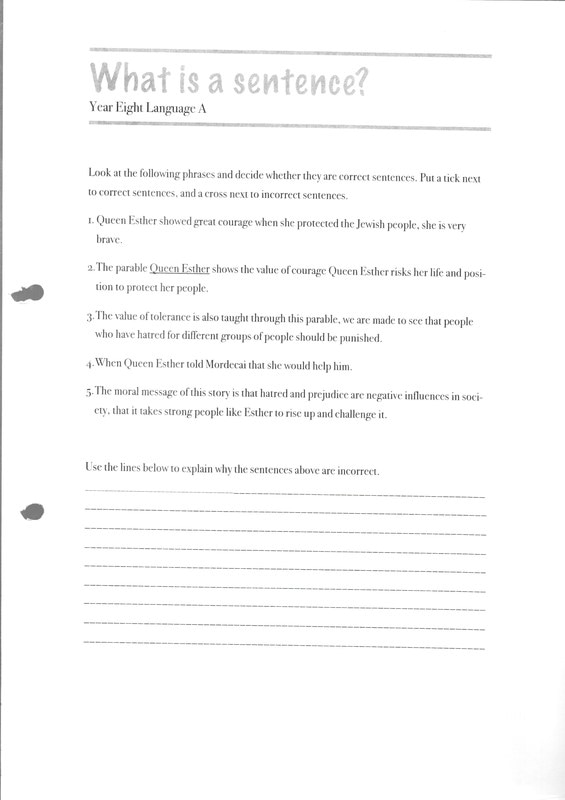

"I have my own theory about it," he said. Tiresome old fool! When we knew him first he used to be rather interesting, talking of faints and worms, but I soon grew tired of him and his endless stories about the distillery. He began to puff at his pipe, no doubt arranging his opinion in his mind. While my aunt was ladling out my stirabout he said, as if returning to some former remark of his: Old Cotter was sitting at the fire, smoking, when I came downstairs to supper. It filled me with fear, and yet I longed to be nearer to it and to look upon its deadly work. But now it sounded to me like the name of some maleficent and sinful being. Every night as I gazed up at the window I said softly to myself the word “paralysis.” It had always sounded strangely in my ears, like the word “gnomon” in the Euclid and the word “simony” in the Catechism. He had often said to me, "I am not long for this world," and I had thought his words idle. If he was dead, I thought, I would see the reflection of candles on the darkened blind, for I knew that two candles must be set at the head of a corpse. Night after night I had passed the house (it was vacation time) and studied the lighted square of window, and night after night I had found it lighted in the same way, faintly and evenly. There was no hope for him this time: it was the third stroke.
#The pedestrian figurative language free#
In such case, every slight modification, which in the course of ages chanced to arise, and which in any way favoured the individuals of any of the species, by better adapting them to their altered conditions, would tend to be preserved and natural selection would thus have free scope for the work of improvement.Īdapted from "The Sisters" in Dubliners by James Joyce (1914) But in the case of an island, or of a country partly surrounded by barriers, into which new and better adapted forms could not freely enter, we should then have places in the economy of nature which would assuredly be better filled up, if some of the original inhabitants were in some manner modified for, had the area been open to immigration, these same places would have been seized on by intruders. Let it be remembered how powerful the influence of a single introduced tree or mammal has been shown to be. If the country were open on its borders, new forms would certainly immigrate, and this also would seriously disturb the relations of some of the former inhabitants. We may conclude, from what we have seen of the intimate and complex manner in which the inhabitants of each country are bound together, that any change in the numerical proportions of some of the inhabitants, independently of the change of climate itself, would most seriously affect many of the others. The proportional numbers of its inhabitants would almost immediately undergo a change, and some species might become extinct. We shall best understand the probable course of natural selection by taking the case of a country undergoing some physical change, for instance, of climate. Variations neither useful nor injurious would not be affected by natural selection, and would be left a fluctuating element, as perhaps we see in the species called polymorphic. This preservation of favorable variations and the rejection of injurious variations, I call Natural Selection. Can it, then, be thought improbable, seeing that variations useful to man have undoubtedly occurred, that other variations useful in some way to each being in the great and complex battle of life, should sometimes occur in the course of thousands of generations? If such do occur, can we doubt (remembering that many more individuals are born than can possibly survive) that individuals having any advantage, however slight, over others, would have the best chance of surviving and of procreating their kind? On the other hand, we may feel sure that any variation in the least degree injurious would be rigidly destroyed. Let it be borne in mind how infinitely complex and close-fitting are the mutual relations of all organic beings to each other and to their physical conditions of life. Under domestication, it may be truly said that the whole organization becomes in some degree plastic. Let it be borne in mind in what an endless number of strange peculiarities our domestic productions, and, in a lesser degree, those under nature, vary and how strong the hereditary tendency is. How will the struggle for existence, discussed too briefly in the last chapter, act in regard to variation? Can the principle of selection, which we have seen is so potent in the hands of man, apply in nature? I think we shall see that it can act most effectually. Adapted from On the Origin of Species by Charles Darwin (1859)


 0 kommentar(er)
0 kommentar(er)
